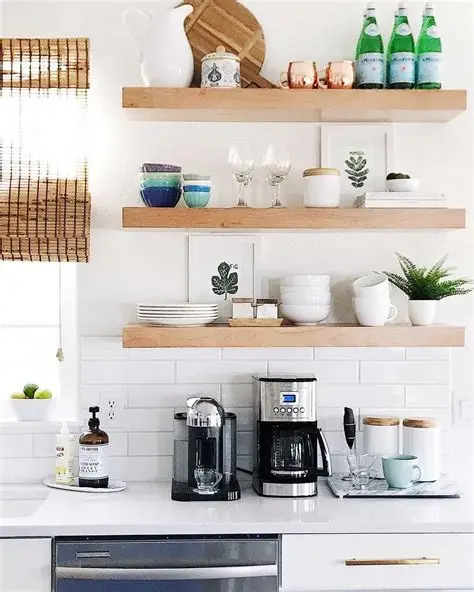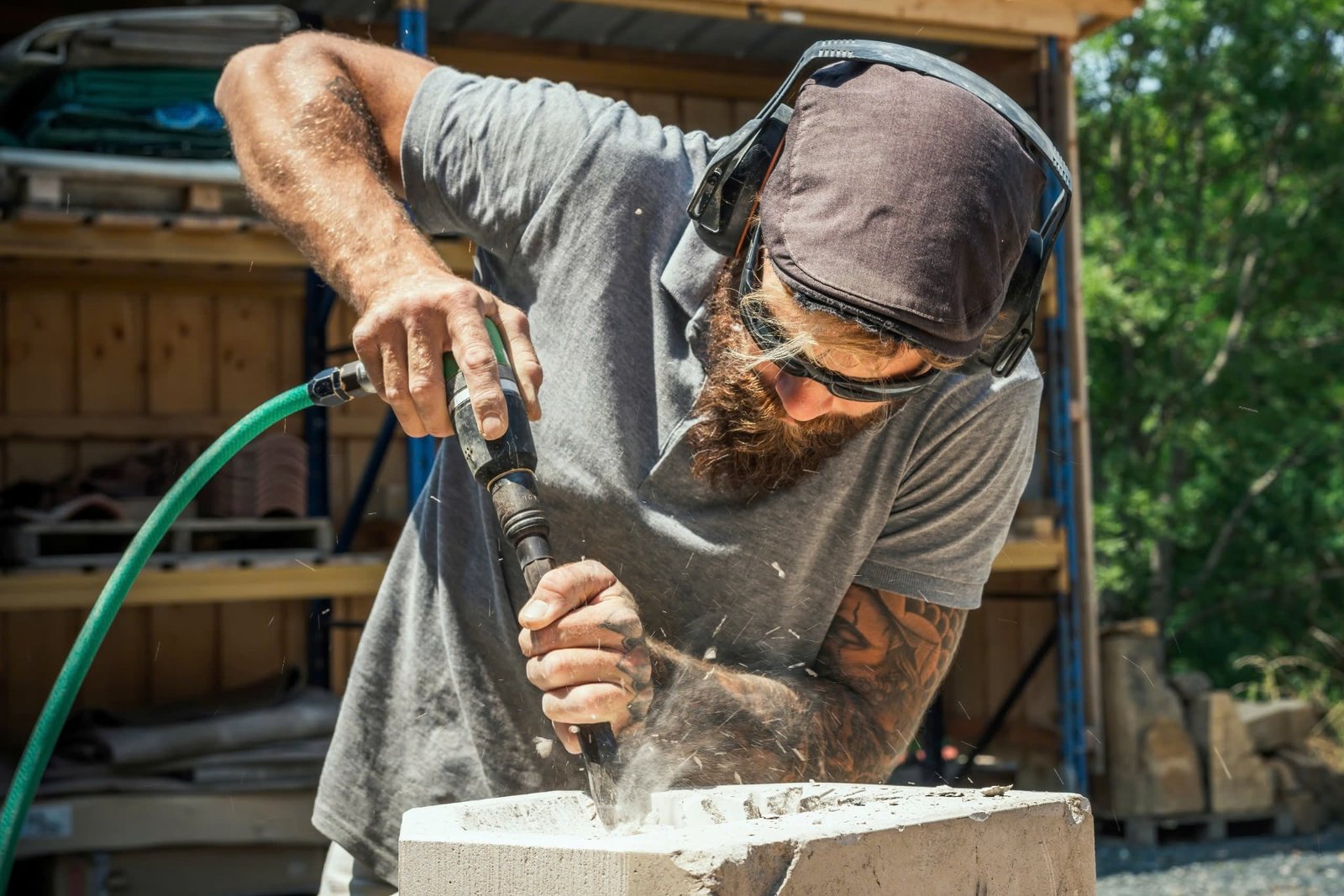
Granite countertops are a popular choice in modern kitchens and bathrooms, thanks to their durability, elegance, and timeless appeal
Granite countertops are a popular choice in modern kitchens and bathrooms, thanks to their durability, elegance, and timeless appeal. Whether you have black granite countertops, white granite countertops, or luxurious blue pearl granite countertops, proper maintenance is key to preserving their beauty—and resealing is a crucial part of that upkeep.
But how do you know when to reseal granite countertops? If you’re wondering whether your granite needs attention, this guide will walk you through the signs, timeline, and best practices to ensure your investment remains protected and vibrant for years to come.

Why Sealing Granite Countertops Is Important
Granite is a natural stone and, while incredibly durable, it’s porous. Without a protective seal, liquids can seep into the surface, leading to stains, etching, or bacterial growth. This is especially true for granite kitchen countertops that face regular spills and cooking oils, or granite bathroom countertops that frequently come in contact with water and personal care products.
Sealing acts as a barrier, repelling moisture and preventing damage. But sealers don’t last forever, which is why resealing granite countertops is necessary.
Also read: What to Use to Seal Granite Countertops?

How Often Should You Reseal Granite Countertops?
The general rule of thumb is to reseal granite every 1 to 3 years, but this depends on several factors:
- Type of granite: Darker granites like black granite countertops may need less frequent sealing.
- Porosity: Some granite varieties are more porous than others.
- Usage level: High-traffic areas like granite slabs for countertops in the kitchen may need more frequent resealing.
- Previous sealing quality: Low-quality or DIY sealers may wear out sooner.
Top Signs It’s Time to Reseal Granite Countertops
1. Water Absorption Test (The “Water Bead Test”)
Pour a few drops of water on your granite countertop and wait 15 minutes. If the water beads up, your seal is still intact. If it darkens or absorbs into the surface, it’s time to reseal.
2. Dull Appearance or Color Fading
Granite surfaces, especially polished granite countertops, should look vibrant and glossy. If your countertop looks dull or faded, the sealant may be worn out.
3. Stains Appear More Easily
Are you noticing coffee, oil, or wine stains sticking around longer than usual? That’s a strong indicator that your granite is no longer adequately sealed.
4. Increased Heat Sensitivity
While granite is naturally heat resistant, sealed surfaces resist heat better. If hot pans are leaving marks, it may be time to reseal.
How to Reseal Granite Countertops: Step-by-Step
Step 1: Clean the Surface Thoroughly
Before applying a new sealer, remove all debris, oils, and stains. Use a pH-balanced cleaner or mild dish soap and water.
Learn more: How to Clean Granite Countertops
Step 2: Let It Dry
Allow the countertop to dry for at least 24 hours before sealing to avoid trapping moisture under the sealer.
Step 3: Apply Sealer
Use a penetrating granite sealer. Apply evenly using a lint-free cloth or applicator pad, working in small sections.
Step 4: Let It Sit and Wipe
After the recommended dwell time (usually 10–15 minutes), wipe off any excess sealer. Don’t let it dry on the surface.
Step 5: Allow to Cure
Let the surface cure for at least 24–48 hours before placing items or using it normally.
See also: How Long to Wait After Sealing Granite Countertops
Granite Countertops Maintenance Tips
- Avoid acidic or harsh cleaners like vinegar or bleach.
- Use cutting boards to prevent scratching, especially on honed granite countertops.
- Clean spills immediately to prevent stains.
- Use trivets for hot cookware even though granite is heat resistant.
Helpful: What Can You Use on Granite Countertops to Protect Them?
Where to Buy Sealers for Granite Countertops
You can purchase granite sealers at:
- Home improvement stores
- Online marketplaces
- Granite countertop showroom [location]
- Local wholesale granite countertop suppliers
For installation help, search top-rated granite countertop installers near me or consult local granite fabricators in [city name].
Also check out essential tools like a vacuum paver lifter or other lifting equipment for safe handling.
Granite Countertops vs. Quartz: Which Requires More Maintenance?
When comparing granite vs quartz countertops, sealing is one of the biggest differences. Quartz does not require sealing, making it a lower-maintenance option.
Learn more:
What Are Quartz Countertops?
Are Quartz Countertops Man-Made?
How Thick Are Quartz Countertops?
Final Thoughts
Granite countertops are a smart and beautiful choice for any home, but knowing when to reseal granite countertops is essential for keeping them protected and gleaming. By performing regular water tests, watching for warning signs, and following proper resealing steps, you can enjoy the luxury of granite for decades.
Still unsure what product to use? Read What to Use to Seal Granite Countertops and keep your counters in top shape.

